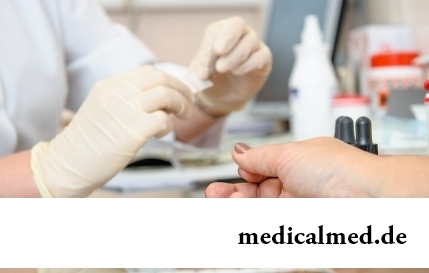





Hyperglycemia
The hyperglycemia is the clinical symptom meaning the increased or excess content in blood serum of sugar (glucose). At norm of 3.3-5.5 mmol/l in blood of the patient with a hyperglycemia the content of sugar exceeds 6-7 mmol/l.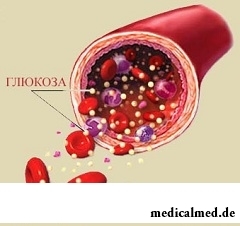
At substantial increase of level of glucose in blood (to 16.5 mmol/l and more) the probability of precoma or even a coma is high.
Hyperglycemia: symptoms
It is very important to define the beginning of sharp increase in level of sugar in blood timely to take measures for its decrease or stabilization, for this purpose it is necessary to know that hyperglycemia symptoms the following:
- Sudden strong feeling of thirst;
- Unsatiable feeling of hunger, the increased appetite;
- Frequent desires to an urination;
- Deterioration in sight, emergence before eyes of a veil and front sights;
- Increased fatigue and constant fatigue;
- The exhausting headache, decrease in concentration of attention;
- Fever, perspiration, xeroderma, numbness of lips;
- Acetone smell from a mouth;
- Unmotivated irritability.
Existence of one or more of above-mentioned signs can demonstrate approach of a hyperglycemia. Seldom or never the hyperglycemia comes asymptomatically.
Hyperglycemia: reasons
The hyperglycemia happens temporary and long.
The reasons of a hyperglycemia temporary can become:
- Overconsumption of carbohydrates;
- The pain syndromes which are followed by essential increase in emission in blood of thyroxine and adrenaline;
- Stresses and surges in emotions;
- Excessive allocation in blood of counterinsulin hormones (it is glucogenic, adrenaline);
- Hyperplasia of bark of adrenal glands (steroid diabetes);
- Pregnancy;
- Hypovitaminosis of vitamins C, B1;
- Plentiful blood loss;
- Poisoning with carbon oxides.
The reason of a hyperglycemia long or, so-called, resistant, is disturbance of neuroendocrine regulation in carbohydrate metabolism.
The help at a hyperglycemia
The diabetes mellitus, and, as a result and a hyperglycemia, with an improbable speed extends on the world, it is even called a pandemic of 21 centuries. For this reason it is necessary to know how correctly and effectively to give help at a hyperglycemia. So, in case of an attack:
- For neutralization of a hyperoxemia in a stomach it is necessary to eat many fruit and vegetables, in large numbers to drink alkaline mineral water with sodium, calcium, but categorically not to give chlorine-containing mineral water. Solution 1-2 of teaspoons of soda on a glass of water orally or an enema will help;
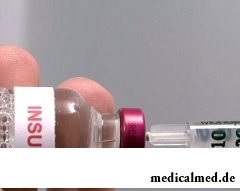
- To bring acetone out of an organism, solution of soda it is necessary to wash out a stomach;
- It is constant to wipe with a wet towel skin, especially in wrists, under knees, a neck and a forehead. The organism is dehydrated, and it needs liquid completion;
- Insulin-dependent patients should make sugar measurement and if this indicator is higher than 14 mmol/l, urgently to give an injection of insulin and to provide plentiful drink. Then to carry out such measurement each two hours and to do insulin injections before normalization of indicators of sugar in blood.
Having received first aid at a hyperglycemia, the patient at any outcome has to address to medical institution, make a complex of analyses and receive personally appointed treatment.
Hyperglycemia: treatment
The majority of cases of treatment of a hyperglycemia provides insulin injections for decrease in an indicator of sugar in blood serum, treatment of the basic disease which caused a hyperglycemia, for example, of a diabetes mellitus, and the general desintoxication of an organism with infusional administration of carbohydrates, proteins and vitamins for alignment of acid-base balance.
If the hyperglycemia is diagnosed for the patient more than three days in a row, the individual scheme of treatment including not only medical supplies and appointments, but also recommendations about the mode of rest and work, to a diet and a diet is formed.
Each person has not only unique fingerprints, but also language.

Cystitis, or inflammation of a mucous membrane of a bladder, this very widespread disease, which, owing to some persons...
Section: Articles about health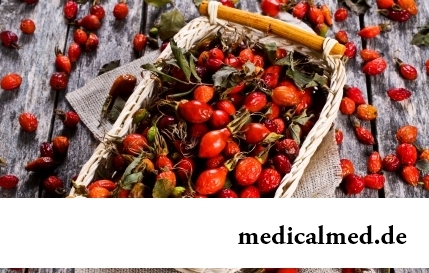
Dogrose – one of the most widespread adornment and medicinal plants growing practically in all territory of our country. To most of Russians it is a beautiful bush it is known, first of all, as a source of fruits, extremely vitamin-rich....
Section: Articles about health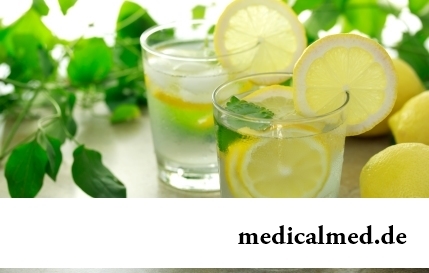
Water with a lemon - idle time in preparation drink which supporters of a healthy lifestyle already managed to appreciate. Used in a warm look and on an empty stomach, it is one of the most useful prophylactics allowing to prevent tens of diseases and just to raise an organism tone. Especially effectively to use warm water with lemon juice after a serious illness, during a season of the colds, and also to children, old men and pregnant women which do not have contraindications...
Section: Articles about health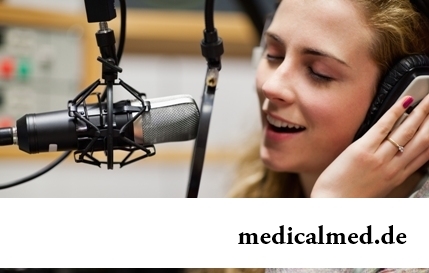
All like to sing. Small children with pleasure are engaged in a vocal, not especially thinking of hit in a melody. Adults most often...
Section: Articles about health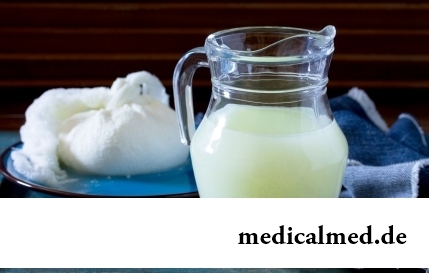
Milk and products of its processing by right occupy one of the main places in a diet of the modern person. They contain proteins, necessary for normal life activity, fats, vitamins and microelements, and are an important part of various medical diets....
Section: Articles about health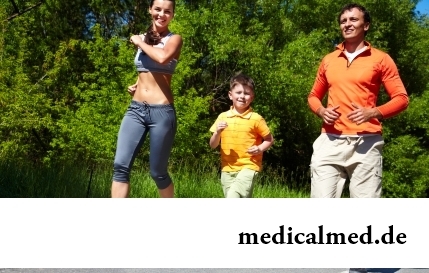
Season of activity of viral infections in the heat. Everyone can get sick, but probability of this unpleasant event it is possible and it is necessary to minimize. There is a number of rules, following to which will help or to avoid absolutely infection with flu or a SARS, or to have an illness benign and without essential complications. About ways of prevention of seasonal infections the speech in this article will also go....
Section: Articles about health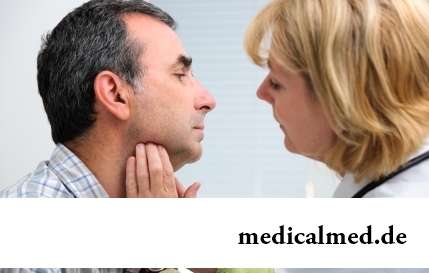
The endocrine system carries out in a human body extremely important role, practically all processes of life activity регулируютс...
Section: Articles about health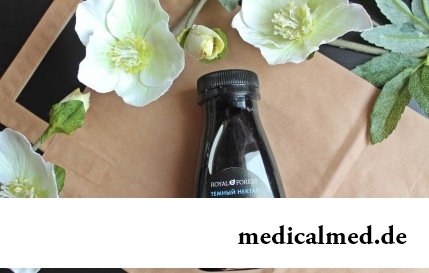
The state of health of the person in many respects depends on food. The organism will well function if during food it receive only useful substances, necessary vitamins and microelements. In this case there will be no problems with digestion, with лишн...
Section: Articles about health
Childbirth is the most important event in life of each woman. We are women we give birth to the new little man on this light. Now the tendency to that was outlined, as men want to participate in labor too. But there is a question and whether it is worth allowing the husbands on childbirth?...
Section: Articles about health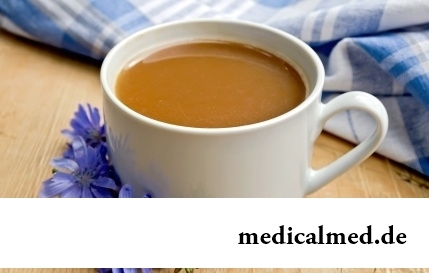
Coffee - the tonic loved by many for the invigorating aroma and deep taste. Having the stimulating effect, coffee raises ра...
Section: Articles about health
A lot of things depend on a condition of a backbone in a human body, a backbone - not only a support for a body, it also a receptacle for a spinal cord, that is why malfunctions with a backbone are so dangerous. To treat rachis diseases very difficult and long...
Section: Articles about health
Eyes – unique body on the structure thanks to which the person obtains about 80% of information on the world around: about a form, color, size, the movement, and also many other parameters of objects or phenomena. But whether much we know about the most valuable sense body which, according to the scientist Sechenov, provides us about one thousand various feelings a minute? Let's consider 10 most surprising facts about eyes and sight....
Section: Articles about health
Phobia – the persuasive fear of a certain contents shown in a specific situation against the will of the person. Concepts of a phobia and fear...
Section: Articles about health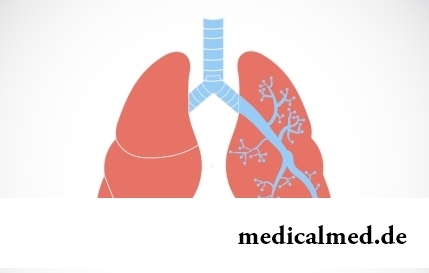
They say that to ensure health and longevity of people it is obliged. Really, at competent approach to these questions, minimization of an adverse effect of many factors does not represent a special problem. Practically everyone has an opportunity to play sports...
Section: Articles about health
Modern footwear is extremely various. It stopped being only protection for legs long ago. Today shoes, boots, barefoot persons choose not so much proceeding from their convenience and functionality how many being guided by outward, brand and an opportunity to add with them a stylish dress. At the same time, buying footwear, think of its safety a little. Meanwhile, many popular models can do essential harm to health....
Section: Articles about health
Residents of big cities quite often have a disease which is known as the syndrome of chronic fatigue (SCF) today. This illness...
Section: Articles about health
Feeding by a breast - the integral part of ideal motherhood allowing to come into contact with the kid and to create to it healthy immunity since early years. Nevertheless, this important process in life of mother and child can be saddened laktostazy − by a delay of milts...
Section: Articles about health
What woman does not dream of a beautiful and thick hair? While physicians developed difficult schemes on hair transplant, in the industry of hairdresser's art a few years ago there was a sensation – methods of hair extension appeared. It would seem, dreams came true: though the procedure of building also does not belong to the category cheap, practically any woman can increase several times the volume of hair, change their length and color – generally, to become the real beauty queen....
Section: Articles about health
Separate food - the system of meal based on digestion physiology which is carried to improvement methods. In opinion д...
Section: Articles about health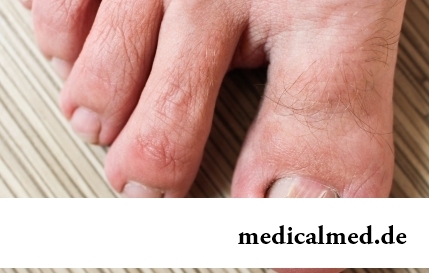
The word "onikhokriptoz" is unfamiliar to most of people, meanwhile quite so physicians call very widespread problem: the growing of edge of a nail into surrounding fabrics causing inflammatory process. Usually the illness affects thumbs of legs, and is followed покр...
Section: Articles about health
Many parents of children at the age of 2-4 years face excessively whimsical behavior of the child. The kid exhausts constant crying and whims not only the parents, but also himself. In what the reasons of children's whims. And how to fight with them?...
Section: Slideshow
Quite large number of people adheres to the principles of vegetarian food. But how to be if in a family of vegetarians is д...
Section: Articles about health
The cosmetics intended for improvement of a condition of skin, nails and hair are used by each woman. Expenses on regular acquisition of the fashionable widely advertized products of well-known companies for many become very notable and significantly to an obrema...
Section: Articles about health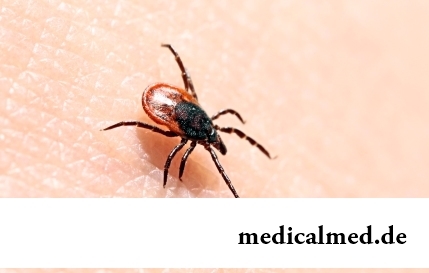
Tick-borne encephalitis – one of the most dangerous viral diseases which causative agents transfer and is given to people by ixodic mites. These are the small blood-sicking insects living in the considerable territory of our country. The person bitten by a tick can catch also erlikhiozy, bartonnelezy, babeziozy, mycoplasmosis and Lyme's disease. As well as encephalitis, these illnesses affect the central nervous system, and as specific antiviral therapy does not exist, the forecast very to a neuta...
Section: Articles about health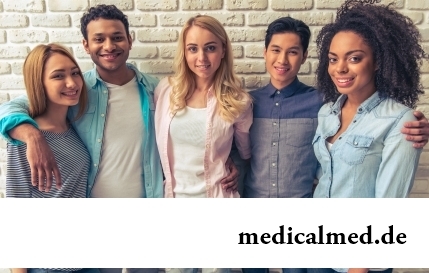
Scientists always aimed to offer fundamental explanations for medical problems. Their theories formed the basis of modern methods is treated...
Section: Articles about health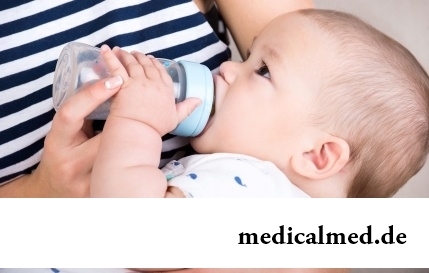
Producers of milk mixes for children assure: mixes are ideally balanced and adapted for needs of babies. If mother should raise artificially the kid owing to serious problems with health, to do nothing – m substitutes...
Section: Articles about health
The way of life of people promptly changes from year to year: if about ten years ago the personal computer was not in each family, then today already very few people do without this device. Certainly, and children master the computer at full speed: they not only play on it games, but also study, and write school works, and search for necessary information....
Section: Articles about health
